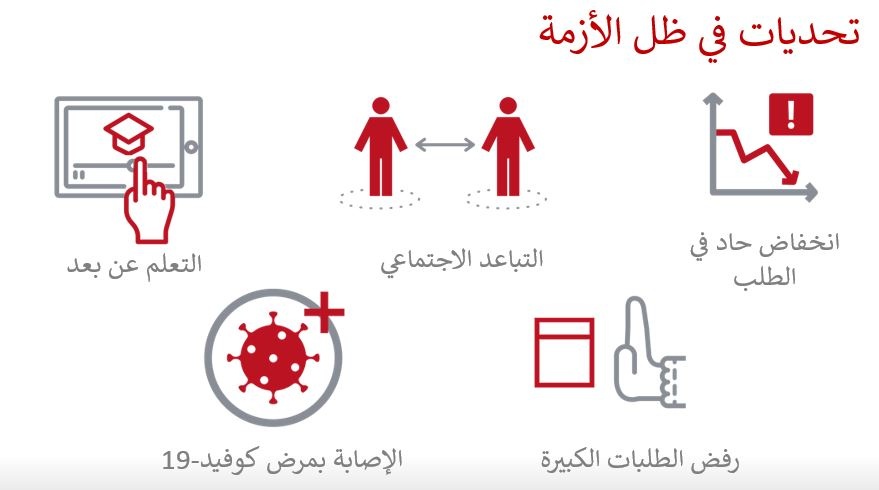Eighteen women members of the Jordan National NGO Forum (JONAF) participated in a digital session held by the Arab Renaissance for Democracy and Development (ARDD) that tackled the extended economic and social impact of the COVID-19 crisis on small home-based women businesses.
This is the second webinar ARDD has held within the framework of the project “Strengthening the Capacities of Women-Led CSOs in Evidence Based Advocacy and Women, Peace, and Security (WPS) Agenda” implemented in partnership with UN Women Jordan and funded by the governments of Canada, Finland, Norway, Spain, and the United Kingdom. The latest session aimed to shed light on the perspectives held by women leaders supporting this project on the challenges facing women who have undertaken home-based projects, particularly their resilience and sustainability in the local market in view of the ongoing COVID-19 crisis.
Among the most prominent challenges presented by the participants was the official registration of home-based businesses, with “everyone running away from licensing the project due to fear of blocking other services provided by the Ministry of Social Development, National Aid and Parcels,” as one participant put it. On the other hand, unregistered enterprises lose the opportunity to benefit from social protection mechanisms. One participant brought up the potential situation in which donors who would like to support women’s home-based business through organizations can only do that if these businesses are officially registered with the Ministry of Industry and Trade. Participants said that apprehension regarding registration is due to lack of knowledge about the incentives given by the law to officially registered businesses.
The participants also stressed the need to focus primarily on supporting women’s projects in order to help them achieve economic empowerment and ensuring the sustainability of projects by continuously raising the quality of their products. They also said that one of the most important reason for the failure or success of small projects has mainly to do with the availability of support.
They also stressed the importance of training women through capacity-building programs in financial literacy, project management, e-marketing, and crisis management. One participant proposed to group women’s projects under unified umbrellas in each governorate through which management, marketing, and manual work could be distributed and tasks assigned according to competencies and experiences.


